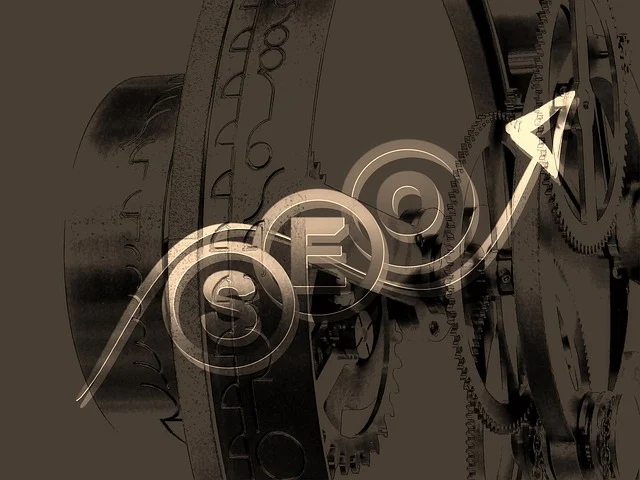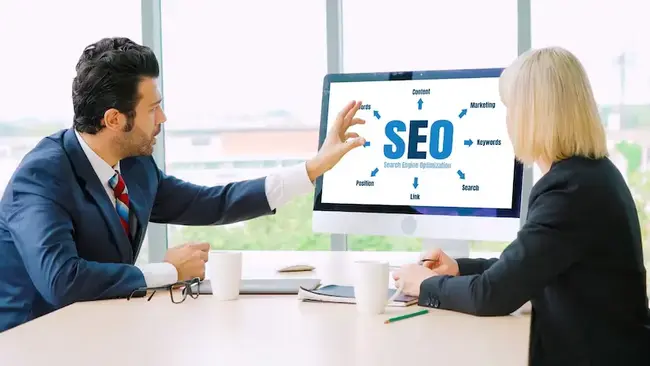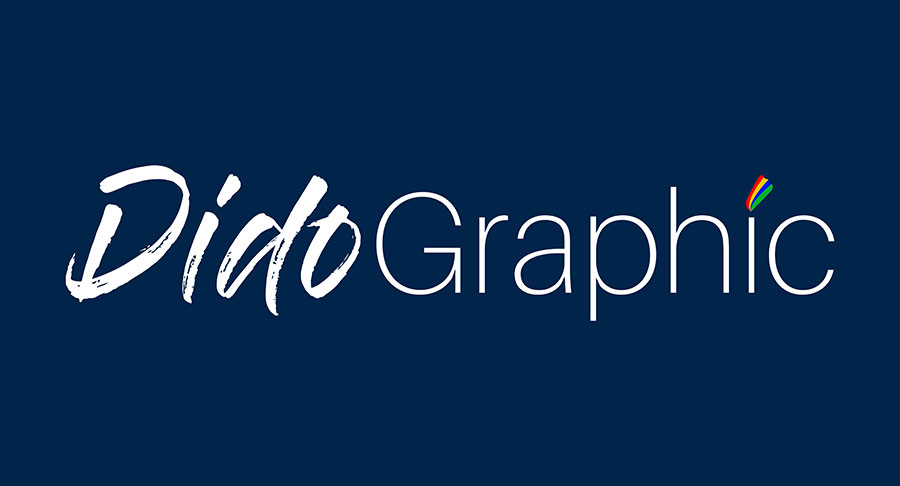On-Page SEO: How Our Services Can Skyrocket Your Website’s Rankings
- Get link
- X
- Other Apps
On-Page SEO Is Important For Ranking Your Website On Search Engine Results Pages. It Involves Optimizing Individual Pages To Make Them More Search Engine Friendly. That Helps Improve Visibility And Rankings.

Are you interested in boosting your website’s presence on search engines and increasing traffic? Our team can help! We offer a guide to on-page SEO, which means optimizing various elements on your website to make it more search engine friendly. Our comprehensive guide provides valuable insights on enhancing your website’s on-page SEO. Let’s work together to optimize your website for success. Let’s work together to boost your website’s ranking and attract more visitors!
Importance of on-page SEO for website rankings
On-page SEO is important for ranking your website on search engine results pages. It involves optimizing individual pages to make them more search engine friendly. That helps improve visibility and rankings. Search engine rankings increase when you target specific keywords and phrases. Your website can be more usable with on-page SEO by improving its structure, navigation, and content. It keeps visitors engaged, reduces bounce rates, increases dwell time, and increases conversions. Overall, on-page SEO is crucial for your website’s success in attracting organic traffic and improving rankings.

Critical Elements of On-page SEO
It’s crucial to get familiar with the critical elements involved. These things work together to make your website better for search engines and improve its ranking. Let’s explore each of these elements in deta
Keyword research and optimization
Keyword research is the foundation of any successful on-page SEO strategy. Searching for similar products or services involves identifying phrases and keywords your target audience uses. It’s crucial to identify the keywords they use when searching. Doing so allows you to tailor your content to match their search intent and establish a stronger connection with them.When conducting keyword research, aim for a mix of high-volume and long-tail keywords. High-volume keywords are more competitive, while long-tail keywords are more specific and lead to higher conversions.
When you find the essential words for your business, adjust your website’s pages to fit them. Strategically place keywords in page elements and content. However, be careful not to overuse or “stuff” keywords, as search engines see this as spammy and negatively impact your rankings.
Crafting optimized meta tags and titles
Meta tags and titles are HTML elements search engines use to identify web pages. They appear in search engine results pages as the title and description of your page, influencing click-through rates and overall user engagement. Optimizing these elements is essential for on-page SEO.

Start by crafting compelling and keyword-rich meta descriptions that accurately reflect your content. Keep them concise, typically between 50-60 characters, to ensure they are fully displayed in search results. Incorporate your primary keyword within the title to improve relevancy and attract user attention.
Meta descriptions, on the other hand, summarize your page’s content.
They don’t impact rankings but can impact how many clicks a website gets. Create unique and enticing meta descriptions that entice users to click on your page by highlighting the value and relevance of your content.
Optimizing URL structure and formatting
The structure and formatting of your website’s URLs affect user experience and search engine rankings. A good URL shows website organization and helps users know what to expect.
When optimizing your URLs, aim for simplicity and readability. Use descriptive words that accurately represent the content of the page. Avoid using unnecessary characters, numbers, or special characters that confuse search engines and users.
Additionally, consider incorporating your primary keyword within the URL, which can further improve its relevancy and visibility in search results. However, be cautious about making your URLs shorter or keyword-stuffed, as this can appear spammy and negatively impact user experience.
Creating high-quality and engaging content
Content plays a critical role in SEO. To optimize your page, You must ensure your stuff is top-notch, engaging, and relevant. Search engines prioritize valuable content that satisfies user search intent. Creating informative and well-organized content with relevant keywords is crucial for boosting website visibility and attracting more visitors. Know your topic and audience before starting.
Your content will speak directly to your user’s needs and expectations if you understand them. Use this knowledge to create comprehensive and authoritative content that answers their questions and provides practical solutions.
Incorporate your target keywords naturally throughout the content, paying attention to proper keyword density. Aim for a balance between optimizing for search engines and creating readable and engaging content for your audience.

Optimizing heading tags and subheadings
Heading tags (H1, H2, H3, etc.) and subheadings are HTML elements that structure your content and help search engines understand its hierarchy. Optimizing these tags can improve your website’s readability and SEO.
Start with the H1 tag, which represents the main heading of your page. It should accurately describe the content and include your primary keyword if relevant. Avoid using multiple H1 tags on a single page, which can confuse search engines.
Subheadings, represented by H2, H3, and other tags, break down your content into more specific sections. They not only help organize your content but also provide opportunities to incorporate secondary keywords and improve the overall relevancy of your page.
When using heading tags and subheadings, ensure they are used logically and hierarchically. That makes navigating and understanding your content more accessible for search engines and users.
Image optimization and alt tags
Incorporating images into your website can significantly enhance its aesthetic appeal and elevate the overall browsing experience for your users. However, it’s important to optimize them so they keep your website up. That means making the file size smaller without reducing the quality. You can use special tools to do this. It’s also a good idea to add a description of the image, called an alt tag. This helps search engines and visually impaired people use your website. Just be sure to use only a few keywords in the alt tag.
Internal linking and site navigation
When you link pages on your website internally, you do internal linking. Making your content easy to search is essential for users to find what they need. Plus, it helps them navigate your site like a pro! To do this:
Use descriptive anchor text that tells users what to expect when they click the link.
Use descriptive language when adding links or directing readers to additional content, instead of generic phrases like “click here” or “read more.” Make your content more interesting and improve how users experience it.
.”Link to relevant pages that provide additional value to users and ensure your website’s navigation is easy to use.
A good navigation structure improves user engagement and helps search engines crawl your website efficiently.
Mobile optimization and responsive design
Optimizing your website for mobile devices is crucial due to the rising number of people accessing the internet through their phones and tablets. This means creating a design that works well on different screen sizes. That can be accomplished through responsive design. This will also help search engines understand your website. Mobile devices will load your website faster if you compress your images and minify your CSS and JavaScript files. Also, ensure that your website’s content is easily read on smaller screens and that interactive elements work properly.

User experience and page load speed optimization
It’s essential to focus on user experience and page load speed. Search engines like websites that offer a good user experience and slow-loading pages can hurt your rankings and user engagement. Optimize your website’s performance by combining CSS and JavaScript files, enabling browser caching, and using CDNs to distribute your content. You can also compress images and use lazy loading to prioritize visible content. Ensure your website is easy to use, with clear navigation menus, logical content organization, and prominent CTAs to guide users and encourage conversions.
Tracking and analyzing on-page SEO performance
To check if your website is doing well, keep track of its performance. Google Analytics tracks website visitor behavior, including time spent on site and purchases made. Look at this data to see which pages are doing well and which ones need help. Then, fix the problem pages to make everything better. Keep checking your website’s rankings to make sure your changes are working.
Our services for on-page SEO optimization
At DidoGraphic, we offer comprehensive services to help you optimize your website’s on-page SEO and skyrocket your rankings. We employ the most advanced on-page SEO techniques and best practices, ensuring your website meets the highest optimization standards.
We analyze your website to find ways to improve it and optimize it. Our experts research the best keywords for your business to attract more customers.
We’ll give you a report on your website’s needed improvements. From optimizing meta tags and titles to crafting engaging and keyword-rich content, we’ll work closely with you to implement the necessary changes and ensure your website is fully optimized for success.
We’ll closely monitor your website’s performance as we optimize it. We’ll keep you updated on progress with regular reports. We can help you increase traffic to your site with on-page SEO. We’re excited to help you achieve higher rankings and more tremendous success!
Conclusion
We can improve your website’s SEO to get more visitors and meet your online goals. We’ll optimize and track your website’s performance to keep you ahead of the competition. Contact us today to learn how we can help skyrocket your website’s rankings and drive organic traffic. Together, we’ll unlock your website’s true potential and achieve online success.
- Get link
- X
- Other Apps

Comments
Post a Comment